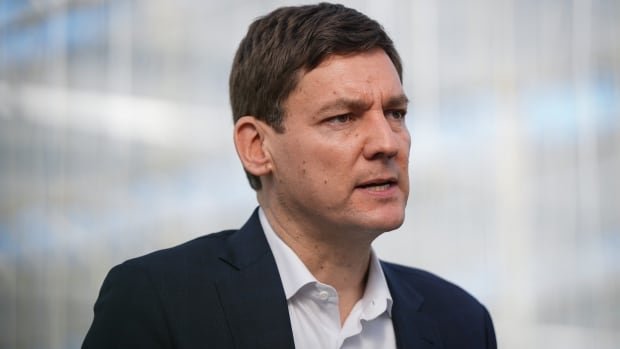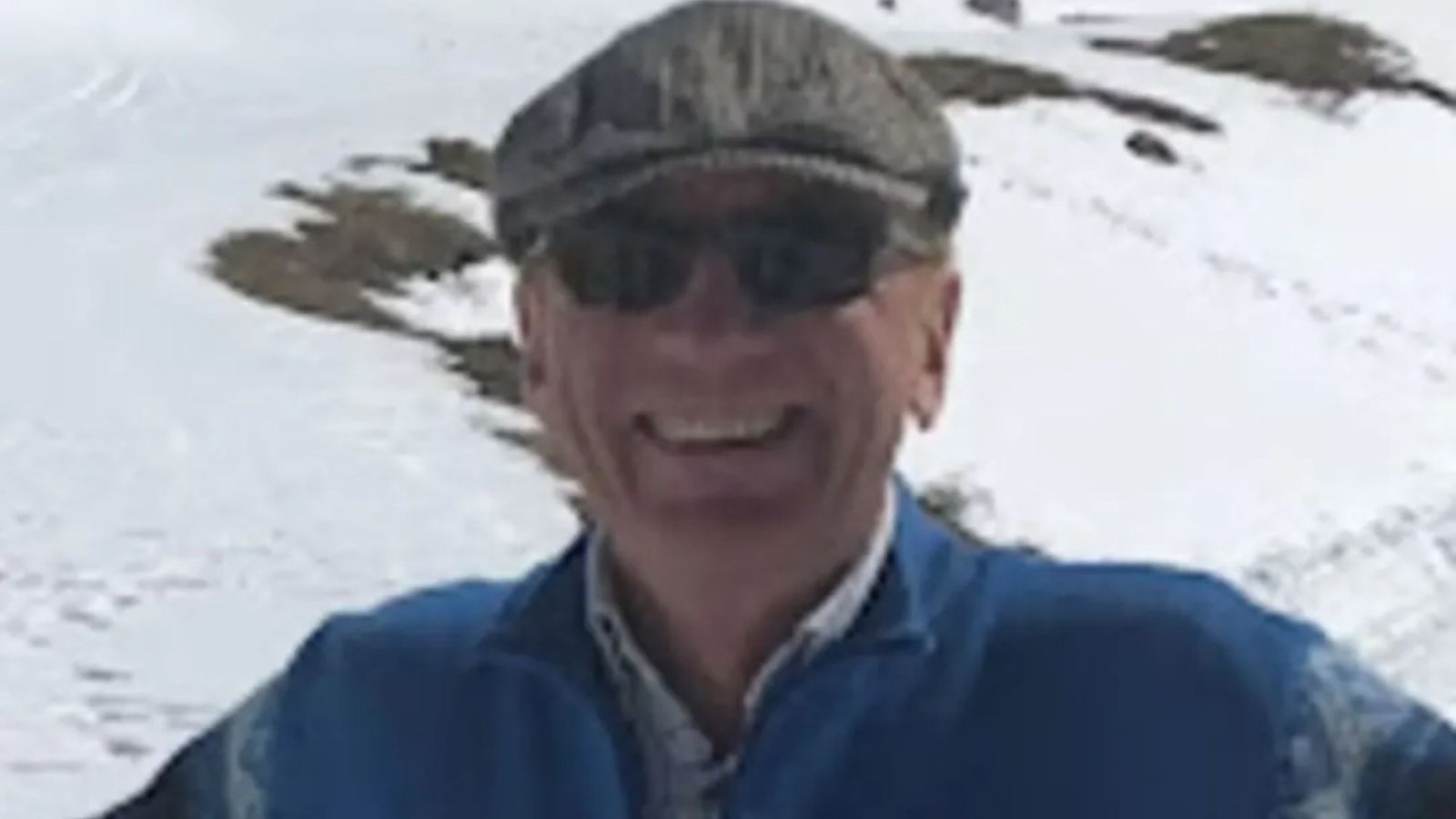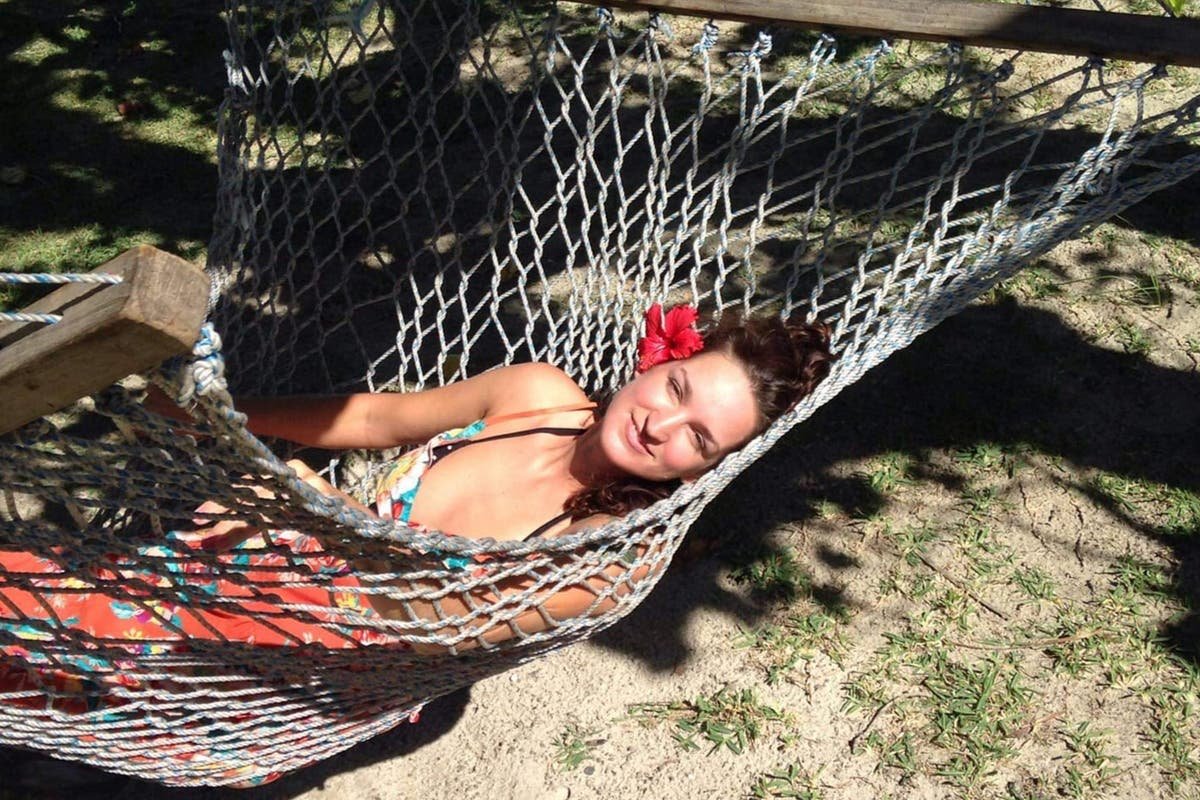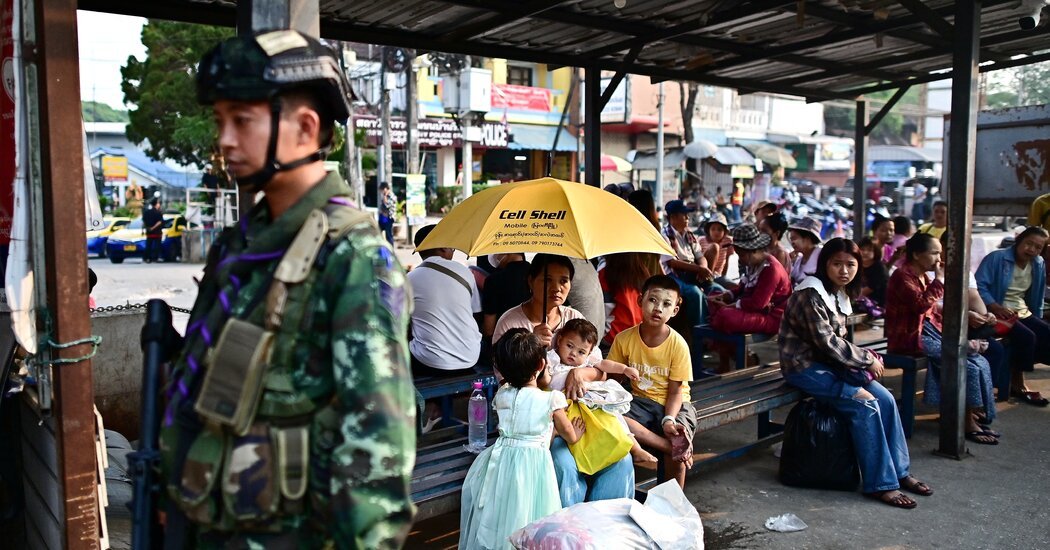The B.C. government is considering joining Newfoundland and Labrador’s court case against the federal government over equalization payments.
Premier David Eby said the current funding model is broken and it’s leaving provinces like B.C. and Newfoundland behind.
He was speaking during a press conference in downtown Vancouver alongside Newfoundland Premier Andrew Furey.
“One of the things that shocked me was that British Columbia is sending money to the federal government so they can send it to Ontario,” Eby said.

Ontario received $421 million in equalization funding last year while B.C. got nothing.
That’s why Eby is threatening to go to court over it.
Newfoundland launched the court challenge last month, saying Ottawa’s payment scheme puts it at a disadvantage. The federal Liberal government had rejected calls to overhaul the funding formula and said there will be no changes before 2029.
“I will be asking our attorney general to work with Andrew’s team to have a look at the case they’re bringing forward and if there’s a place for British Columbia in this,” Eby said. “Because it’s critically important that British Columbia is treated fairly.”
WATCH | N.L. government prepared to challenge equalization payments:
Newfoundland and Labrador is missing out on billions of dollars in equalization payments, say cabinet ministers John Hogan and Siobhan Coady, and the government is prepared to go to court to change that. The federal government has extended the current equalization formula to 2029, despite the N.L. government’s requests for change.
Saskatchewan Premier Scott Moe has also indicated his government will support the legal challenge.
CBC reached out to federal Finance Minister Chrystia Freeland for comment, but did not hear back in time for publication.
The federal government uses equalization payments to balance out the scale between the have and the have-not provinces.
UBC political scientist Stewart Prest said premiers have long had complaints about how the payments are calculated and what constitutes a have or have-not province.
“Where the province may have a point is that the calculation considers some factors but not others,” Prest said. For example, he said, provinces like B.C. with a high proportion of seniors, argue that those demographics come with higher costs and that’s not reflected in the current equalization model.
Prest is not surprised Eby is on the attack ahead of the provincial election.
“Mr. Eby can say he’s standing up to Ottawa on behalf of British Columbians,” said Prest. “It’s one of the most common ways premiers will look to win an election is to fight an opponent not in the race.”
It’s the latest volley in Eby’s fight with Ottawa over whether B.C. is getting its fair share compared to Quebec and Ontario.
On Monday, Eby slammed the federal government for giving Quebec $750 million in funding for asylum seekers while the western provinces fight for scraps.
Immigration Minister Marc Miller hit back, saying if B.C. wants more money for immigration, it should accept more asylum seekers and refugees.
Last year, Quebec received 65 per cent of Canada’s asylum claimants entering through official border crossings and 95 per cent of claimants entering Canada illegally.
By comparison, British Columbia received only 1.8 per cent of asylum seekers entering through official border crossings and just 4.2 per cent of refugees who entered Canada through unofficial border crossings.










